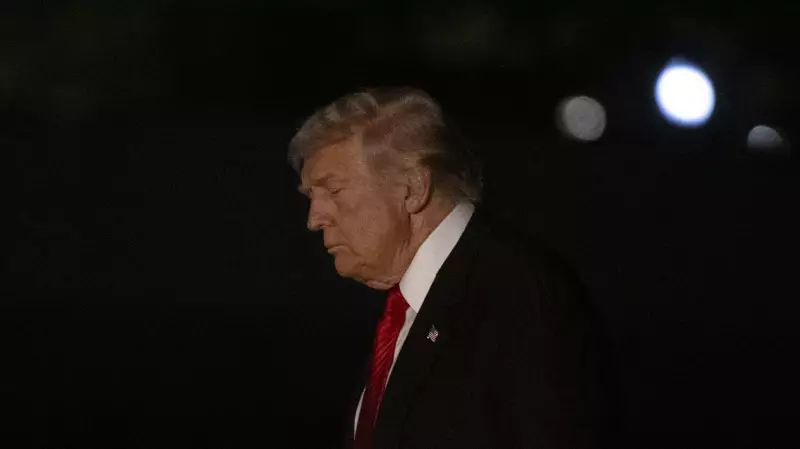
In what can only be described as a television spectacle, former President Donald Trump's scheduled interview with CBS's 60 Minutes descended into chaos, culminating in the Republican leader storming out of the conversation with veteran journalist Lesley Stahl.
The Interview That Never Aired
The explosive encounter, which Trump later shared in its entirety on his social media platform, revealed a tense exchange that covered everything from the January 6th Capitol riots to the former president's controversial claims about the 2020 election. What made this interview particularly remarkable was Trump's decision to record and release his own version of events after growing frustrated with CBS's line of questioning.
Five Critical Takeaways From the Confrontation
1. The January 6th Accountability Question
When pressed about his responsibility regarding the Capitol attacks, Trump deflected, emphasizing what he called the "peaceful and patriotic" nature of his speech that day. The exchange grew increasingly heated as Stahl continued to pursue answers about his role in the events that unfolded.
2. Election Integrity Claims Persist
Despite numerous court rulings and investigations confirming the integrity of the 2020 election, Trump doubled down on his claims of widespread fraud. The former president presented what he characterized as "evidence" that the election was stolen, though these assertions have been repeatedly debunked by election officials across the political spectrum.
3. Supreme Court Appointments Defended
Trump vigorously defended his Supreme Court appointments when questioned about recent rulings that have gone against his preferences. He maintained that his nominees were highly qualified and that he had no regrets about his selections, despite some rulings not aligning with his political interests.
4. The Walkout Heard Around the World
The most dramatic moment came when Trump abruptly removed his microphone and declared the interview over. This stunning development occurred after what he described as "biased questioning" and "unfair treatment" by the 60 Minutes team.
5. Social Media Counterprogramming
In a modern media first, Trump bypassed traditional broadcasting entirely by releasing his raw footage on Truth Social. This move represents a significant shift in how political figures can control their messaging and directly challenge mainstream media narratives.
A New Era of Political Media Relations
This confrontation signals a potential turning point in how political figures engage with established news outlets. The incident demonstrates the growing trend of politicians creating their own media ecosystems rather than relying on traditional journalistic institutions.
The fallout from this interview continues to generate discussion about media bias, presidential accountability, and the evolving relationship between politicians and the press corps. As the 2024 election cycle approaches, this event may well represent a new normal in political media interactions.





